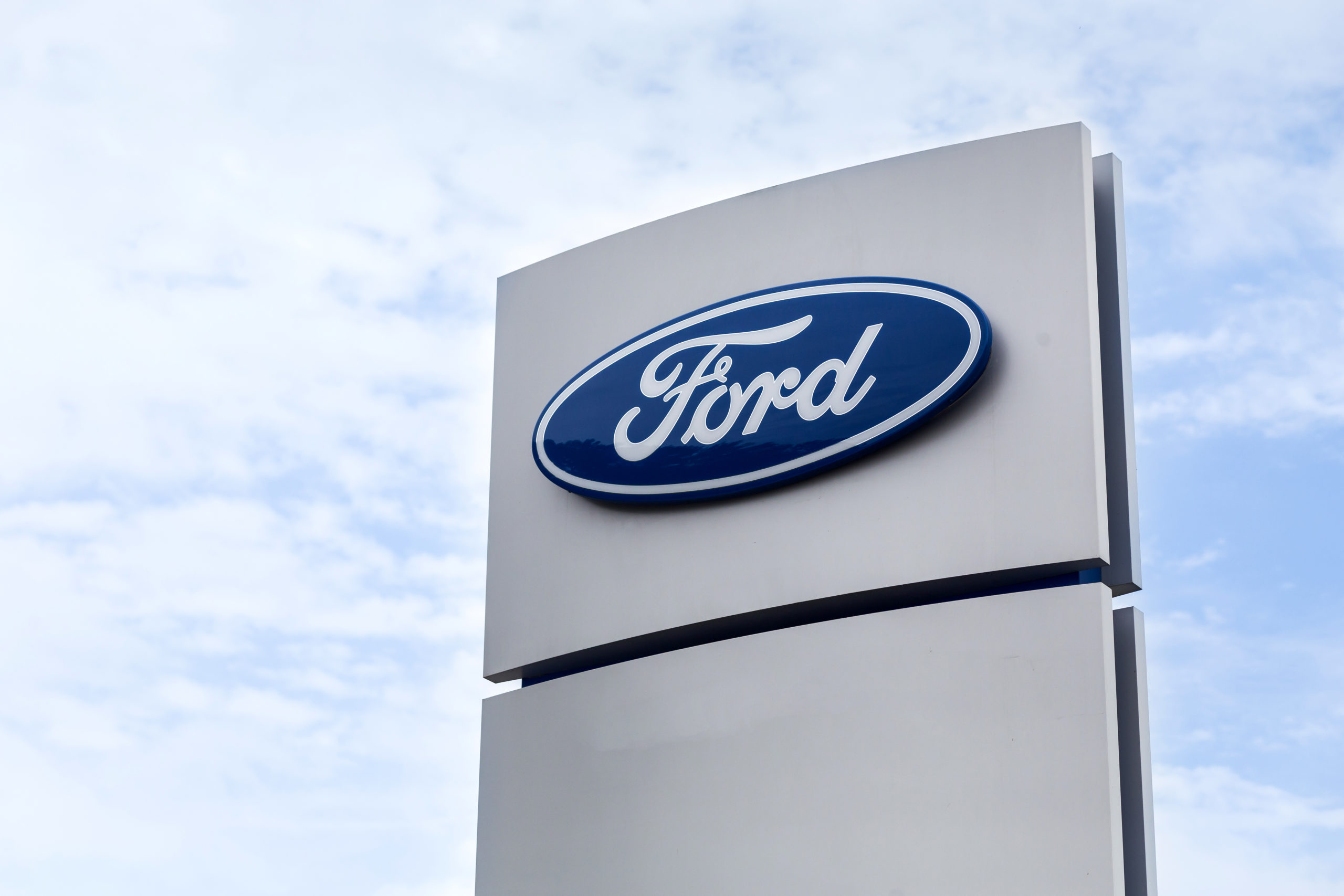Posts tagged Jim Farley
Ford workers told their CEO ‘none of the young people want to work here.’ So Jim Farley took a page out of the founder’s playbook
July 1, 2025 // “The older workers who’d been at the company said, ‘None of the young people want to work here. Jim, you pay $17 an hour, and they are so stressed,’” Farley said. Farley learned some workers also held jobs at Amazon, where they worked for eight hours before clocking in to a seven-hour shift at Ford, sleeping for only three or four hours. As a result, the company made temporary workers into full-time employees, making them eligible for higher wages, profit-sharing checks, and better health care coverage. The transition was outlined in 2019 contract negotiations with the United Auto Workers (UAW), with temporary workers able to become full-time after two years of continuous employment at Ford.
UAW says majority of workers at Ford joint-venture battery plant sign union cards
November 22, 2024 // The UAW said a "supermajority" of workers at the Ford Kentucky battery plant had signed union cards indicating their support. It did not specify the percentage. "We want to maintain a direct relationship with our employees," BlueOval SK Human Resources Director Neva Burke said in a statement. Ford directed Reuters to BlueOval SK for comment.

UAW’s rift with Stellantis raises fear that some US auto jobs could vanish
September 12, 2024 // U.S. autoworkers warn that a dispute between their union and Stellantis over delays in reopening a shuttered factory in Belvidere, Illinois, is much bigger than that one plant.

Mercedes-Benz Workers in Alabama Facing Unionization Pressure
May 13, 2024 // Just as foreign countries shouldn’t interfere in U.S. presidential elections, foreign actors shouldn’t interfere in American union elections. Foreign unions don’t have American workers’ best interests at heart. If Mercedes wants to operate in America, it should follow American law and not cave to IG Metall.
Op-ed: In Pursuit Of Southern Foothold, UAW Faces Resistance
April 17, 2024 // “We the Governors of Alabama, Georgia, Mississippi, South Carolina, Tennessee, and Texas are highly concerned about the unionization campaign driven by misinformation and scare tactics that the UAW has brought into our states,” the joint statement noted, adding that the reality in 2024 “is companies have choices when it comes to where to invest and bring jobs and opportunity. We have worked tirelessly on behalf of our constituents to bring good-paying jobs to our states. These jobs have become part of the fabric of the automotive manufacturing industry. Unionization would certainly put our states’ jobs in jeopardy – in fact, in this year already, all of the UAW automakers have announced layoffs. In America, we respect our workforce and we do not need to pay a third party to tell us who can pick up a box or flip a switch. No one wants to hear this, but it’s the ugly reality. We’ve seen it play out this way every single time a foreign automaker plant has been unionized; not one of those plants remains in operation.”
UAW president Shawn Fain on labor’s comeback: “This is what happens when workers get power”
February 26, 2024 // Volkswagen worker Shaun Lawler says skepticism of the UAW runs deep in the community. When asked how his family views unions, he replied, "They don't see it as a good opportunity; they see layoffs." What do they call unions? "They call them communist," Lawler said.

Ford CEO says company will rethink where it builds vehicles after last year’s autoworkers strike
February 15, 2024 // Ford’s highly profitable factory in Louisville, Kentucky, was the first truck plant that the UAW shut down with a strike. “Our reliance on the UAW turned out to be we were the first truck plant to be shut down,” Farley told the conference. “Really our relationship has changed. It’s been a watershed moment for the company. Does this have business impact? Yes.”
The 4-day workweek was a longshot. The UAW isn’t giving up
December 20, 2023 // And once the union and automakers started making progress toward the deal that would eventually end the strike, there was little discussion of a four-day week ever again. The union did win a record contract, with an immediate wage gain of at least 11%, an additional 14 percentage points of raises throughout the life of the contract, a return of cost-of-living adjustments (COLA) and improved retirement benefits, among other gains. Most hourly workers at GM, Ford and Stellantis will be paid at least $43 an hour by the time the recently ratified contract ends in April 2028. That comes to about $1,700 a week for a 40-hour week. And the COLA is likely to raise it further than that. And while a hypothetical pay structure for an alternate deal featuring a four-day work week may be unknowable, paying that weekly wage for a 32-hour week would increase the hourly wage by about 25%, on top of the just negotiated wage hikes.
UAW and Ford reach tentative deal to end strike
October 26, 2023 // The Ford deal includes the biggest contract wins the UAW has secured in years, including a 25 percent hike in base wages through April 2028, the union said. The agreement provides cost-of-living adjustments to wages that will help raise the top hourly wage by over 30 percent to more than $40 by the end of the contract, union officials said. The starting hourly wage will grow to more than $28. The deal also shortens the time it takes new workers to reach the top wage, and eliminates wage tiers that left newer workers on a lower pay scale, the UAW said. It also boosts Ford’s contribution to retirement accounts.

The Future of Electric Vehicles Looms Over Negotiations in the US Autoworkers Strike
October 12, 2023 // So far, neither Ford nor Stellantis has agreed to the change, which would pull employees at all 10 U.S. battery factories proposed by Detroit automakers into national contracts with the UAW, all but assuring they'll be unionized. Fain also wants workers at the plants to make top UAW assembly plant wages, which now are $32 per hour. With the UAW strike now in its fourth week, EVs and their potential impact on job security have become central to union negotiations with the automakers. Contract talks are likely to determine whether those plants — mostly joint ventures with South Korean battery companies — are union, which may have long-lasting consequences as the auto industry transforms itself.
